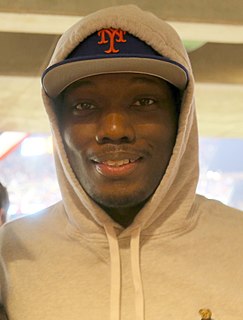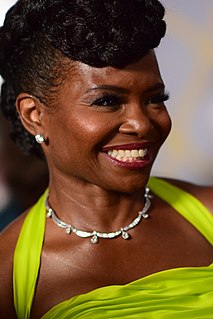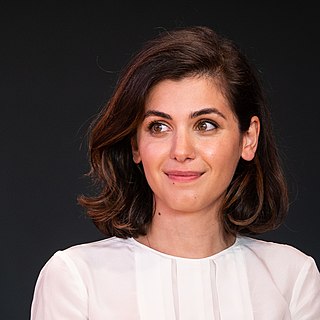A Quote by Zach Galifianakis
I'm an American so its kind of hard for me to talk about 9/11. So whenever someone brings it up in a conversation, I say "I didn't like 9/11."
Related Quotes
When you look at the actual numbers, the number of people who died after 9/11 was greater than the number of people who died in 9/11, even if you are talking Americans. But you know, I don't like to talk Americans. I want to talk everybody. More innocent people died after 9/11 because of 9/11 than died in 9/11.
At, like, 11, I think, that was just me watching a lot of YouTube videos, and I whenever I had the chance, I would talk to myself, practise pronunciation. Then I found out about hip hop and became friends with American people through Twitter. I was like, 'Yo, I need to be in a country where everybody speaks the same language.'
When we talk about 9/11 and 26/11 - which is the shorthand for the Mumbai attacks in 2008 - we're talking about the most successful terrorist attacks in history. When you start trying to study the most successful event of its kind, it actually doesn't make for great fiction because there isn't the kind of failure in it that fiction thrives on.
It's still hard for me to think about Sept. 11 sometimes. I'm still angry. It's hard to watch my daughters, Celia and Zaya, grow up and know they'll never see their father. They'll always be 9/11 girls, and I wish I could shield them from that. Everyone has an immediate pity for them. It is a sad thing, but the girls are also so happy.
I read Claire Messud's 'The Emperor's Children,' I read Joseph O'Neill's 'Netherland' - but to me, they're not 9/11 novels. In 'The Emperor's Children,' 9/11 felt to me like a piece of the plot; the novel wasn't wrestling with what 9/11 meant. And 'Netherland' felt the same way. I liked both books a lot but I don't see them as 9/11 novels.
I create my own schedule, so you start out each day and you say, "Okay, from 10 to 11 I'm going to write," and on the dot at 10, I went downstairs, got dressed like I was going to work, and at 11 I stopped. I don't know why, what kind of wizardry about that worked, but having the structure for a month, I was dishing out songs.
I often suggest in workshops that if you have 30 students in your American History course in 11th grade, or whatever grade level, that you maybe triple them up. You put, and have them choose, let's say 11 different Native American cultures. Maybe you give them a list of 15 and they choose 11 of those 15 so that they have some choice in the matter.
I grew up in Canada and I was 10 years old when 9/11 happened. And I think that really changed the landscape for Arabs around the world, obviously, but especially Arab actors, I think we started getting viewed a little different. Like, my whole experience just as a kid before 9/11 and after 9/11 was drastically different.




































